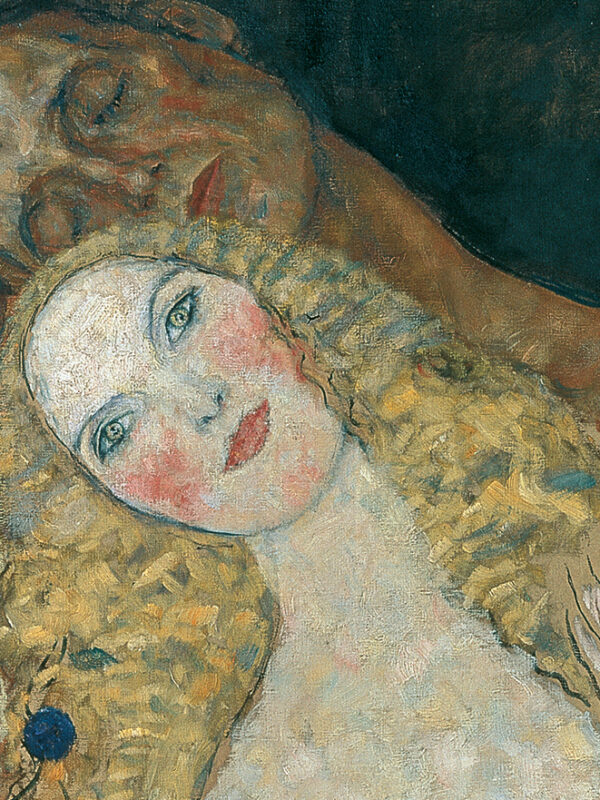Agape
The word “agape” comes from the Ancient Greek term “ἀγάπη,” which refers to selfless love. Psychologist John Alan Lee defined agape as a kind of love where the lover gives without expecting anything in return, viewing it as their responsibility. This love is typically associated with older, emotionally mature individuals who prioritize logic and intention over emotion and attraction. Agape is a blend of both Storge and Eros. People who practice Agapic love see their significant others as precious gifts and strive to care for them. They find more joy in giving than receiving in a relationship, and remain loyal to their partners to avoid causing them any hurt. To embody Agapic love, one must possess qualities like forgiveness, patience, understanding, loyalty, and the willingness to make sacrifices for their partner. While Agapic lovers believe in unconditional love, they may neglect their own needs, leading to potential drawbacks. Although Agapic love comes with the benefit of generosity, it can also cause feelings of guilt or inadequacy in a partner, and may even lead to being taken advantage of.









